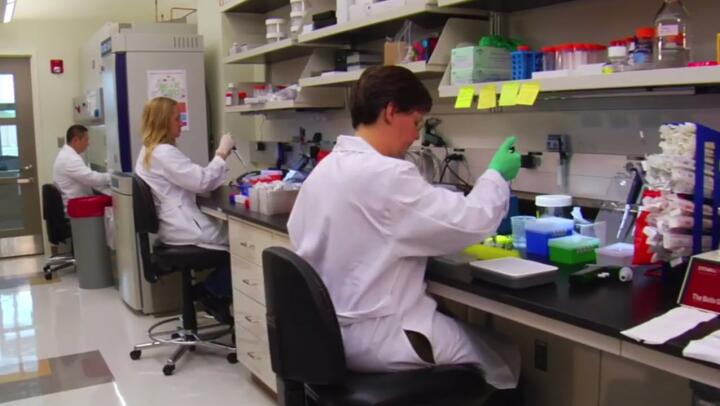
As scientists learn more about diseases and how they affect the body, it’s sometimes necessary for leading healthcare experts to recommend changes to the ways doctors diagnose and treat illnesses. Recently, a change was made to the general guidelines that direct doctors how to screen for a serious viral infection, hepatitis C (HCV). Unfortunately, cases of hepatitis C have increased over the past decade. But new screening guidelines could help identify the disease in individuals earlier, allowing them to receive treatment sooner. New medications may help cure hepatitis C within months, and beginning treatment quickly is the best way to prevent complications from the disease.
Understanding Hepatitis C
HCV spreads from person to person through contaminated blood. In most cases, this occurs when people use shared needles to inject illicit drugs together. However, it’s also possible to get HCV other ways, such as sharing personal care items, like razors, that are contaminated with HCV, practicing anal sex without protection, or getting a tattoo from an unregulated artist or studio. Pregnant women can also pass the virus on to their unborn children.
In many cases, hepatitis C goes undiagnosed for years, since symptoms only generally occur after the infection is quite advanced. Long-term, or chronic, HCV infection may cause symptoms such as bruising and bleeding easily, dark-colored urine, fluid buildup in your abdomen or legs, itchy skin, jaundice, or yellowing of the skin and eyes, and weight loss. As the infection continues, more serious complications are possible. After living with the disease for decades, problems like liver cirrhosis (liver scarring), liver cancer, or liver failure are possible. Left untreated, these problems may become life-threatening.
Changes to Hepatitis C Guidelines
Since cases of hepatitis C have grown in recent years, national healthcare authorities, such as the Centers for Disease Control and Prevention (CDC), have issued new HCV screening guidelines to help identify infected individuals sooner. Now, all adults over the age of 18 should be screened for HCV at least once in their lifetimes. High-risk individuals, including healthcare workers who are frequently in contact with body fluids or who are at risk for needlestick injuries, should receive a screening test more often. Also, pregnant women should be screened for the virus during each pregnancy.
Fortunately, it’s easy to be screened for HCV. Your doctor will collect a sample of your blood for evaluation in a medical laboratory. The test measures amounts of certain substances in the blood, such as RNA or hepatitis C antibodies. Your body only produces hepatitis C antibodies if you have an infection.
After diagnosis, HCV is treated with antiviral medications. Newer medications, which are sometimes used in combination with older drugs, have been shown to help clear the infection in people with fewer side effects and shorter treatment times. Generally, people using newer HCV drugs have better outcomes compared to those only using the older medications. Usually, these prescriptions help get rid of the infection within several weeks or months. In more severe cases, other treatments, such as liver transplant, may be necessary.
Limiting Hepatitis C Exposure
Along with screening for HCV, the best way to prevent infection is to limit your hepatitis C exposure risk. Practicing safer sex, making more cautious and informed decisions about tattooing and piercing, and avoiding illicit drugs, especially those that are injectable, are all good ways to reduce your chance of getting HCV. There is no vaccine for HCV, so preventing your exposure to the virus is especially important.
Hepatitis C is a serious infection, but early screening can help to identify cases sooner so effective treatment can begin. Your doctor may use the updated guidelines, or they may recommend more frequent screening depending on your lifestyle and risk factors. And if your screening test indicates the presence of HCV, your doctor can suggest treatments that will help clear the infection, protect your liver, and maintain your quality of life.













